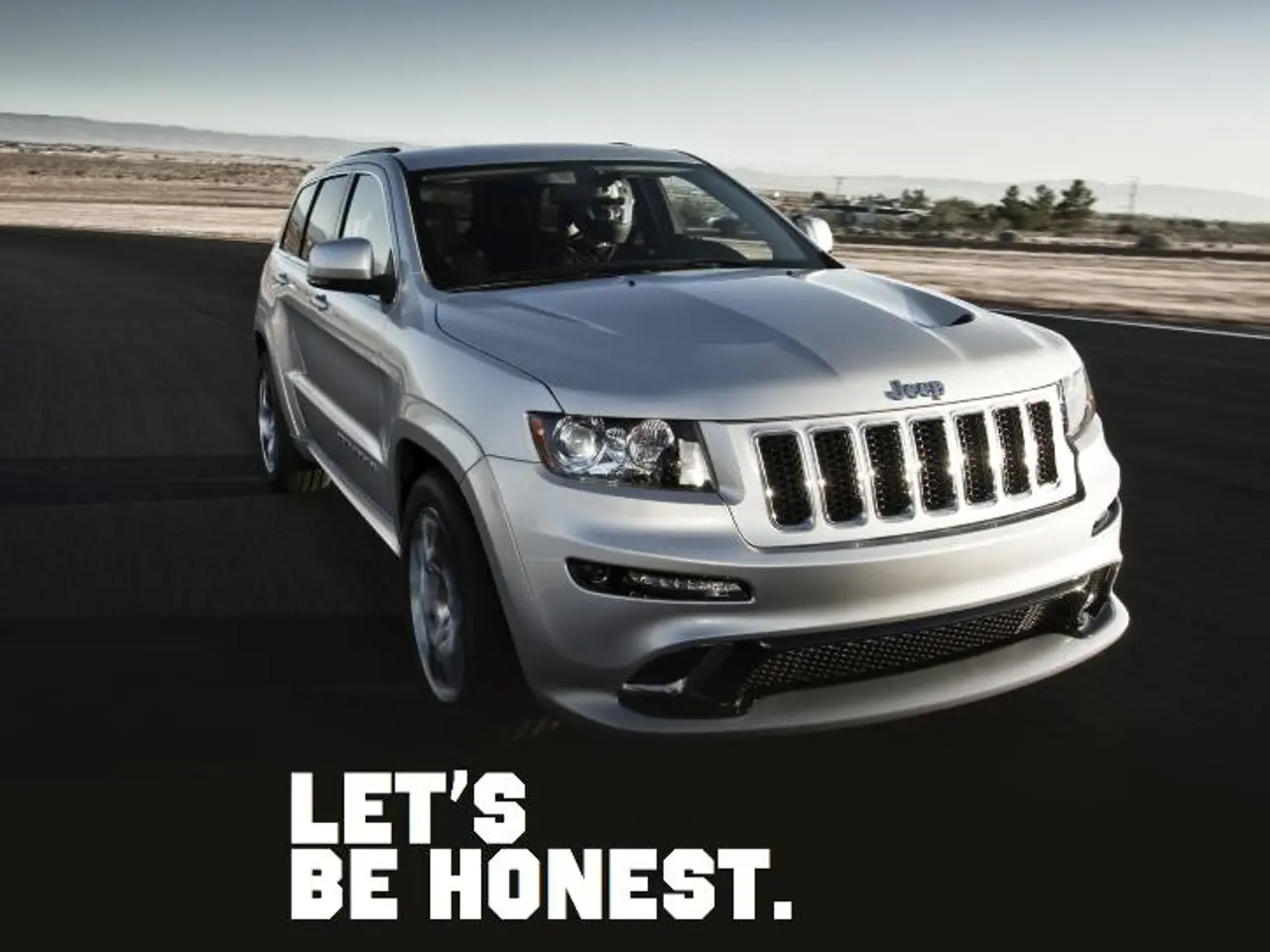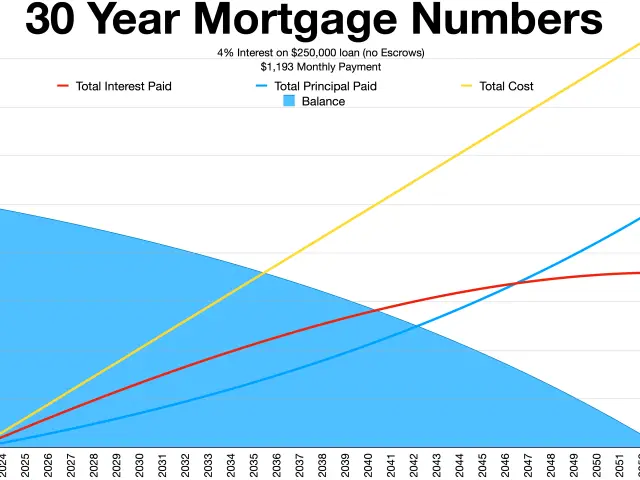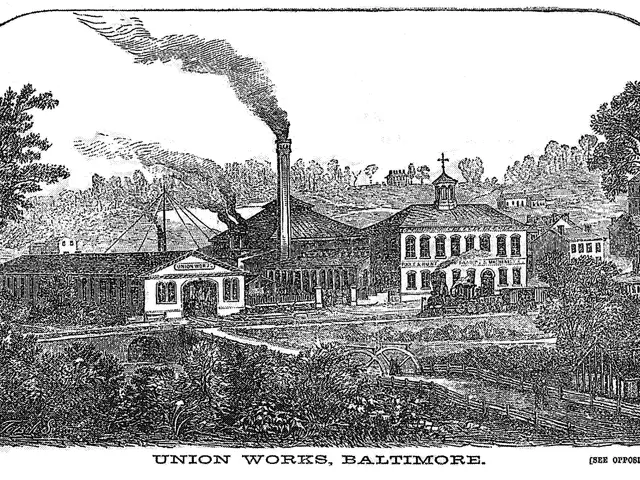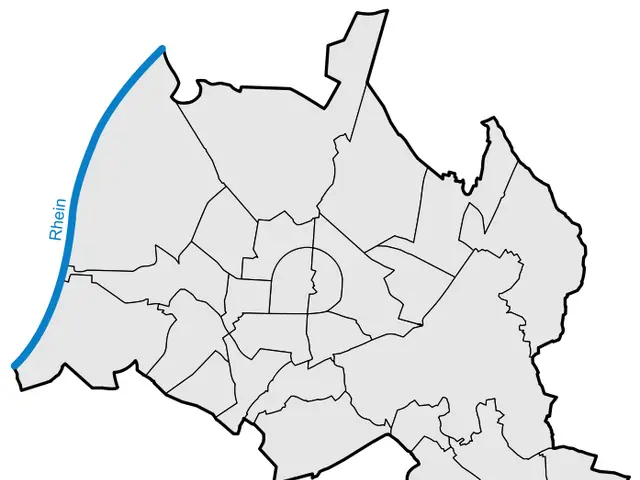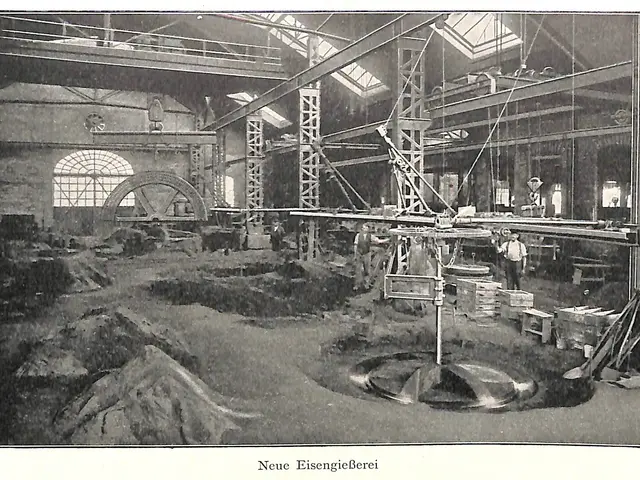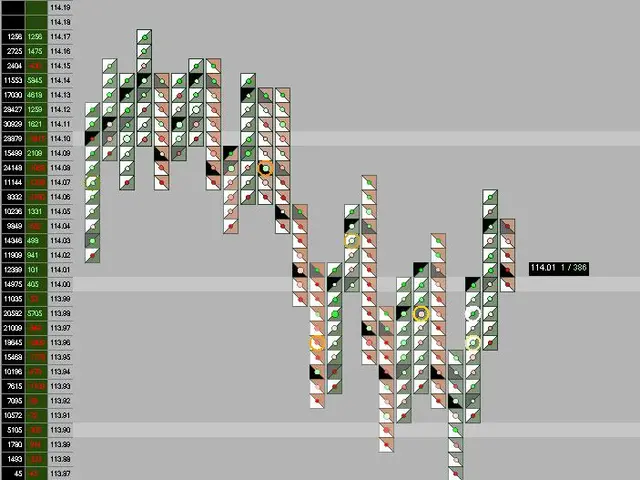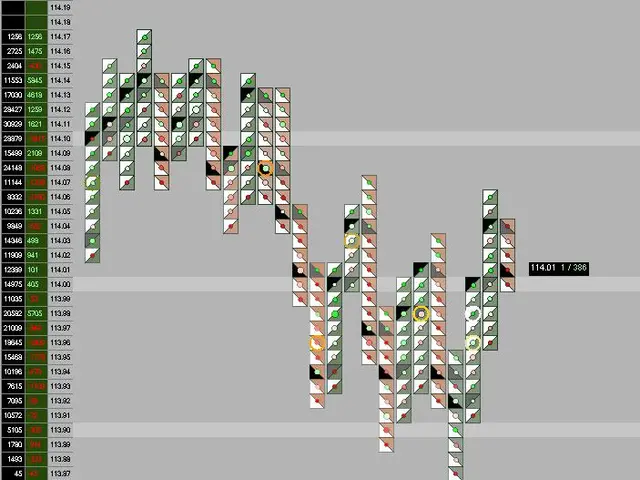Discussion on WardsAuto Podcast: Tariffs, Failed Merger, and Ford's Quality Issues
The auto industry is currently navigating a new period of disruption under the administration of President Trump, with potential changes in trade policies and tariffs looming large. The discussions between Senior Editor David Kiley and WardsAuto Contributor John McElroy have shed light on the challenges faced by Ford Motor Company, particularly in the context of the industry's disruption.
Electric Vehicle Support
One of the significant impacts of President Trump's policies is the rollback of federal electric vehicle (EV) incentives. As of October 1, 2025, the government-backed tax credits of up to $7,500 for qualified new EV sales will no longer be available. This decision, along with the elimination of the “leasing loophole” and cuts to funding for EV infrastructure improvements, is expected to lead to a surge in EV sales through Q3 2025, followed by a notable decline in Q4, reflecting reduced government stimulus for EV adoption.
Tariffs
Trump's tariff stance aims to protect the domestic auto industry by imposing higher tariffs, which have caused declining margins and lower profitability industry-wide through 2025. These tariffs are expected to raise vehicle prices by thousands of dollars as early as fall 2025, significantly increasing consumer costs. However, they may also encourage foreign automakers such as Toyota, Korean, and European companies to increase production within the U.S. to avoid import costs.
Impact on Ford Motor Company
Ford CEO Jim Farley has acknowledged these dynamics. While tariffs create headwinds due to increased costs, Trump’s administration simultaneously eased environmental regulations by rolling back emissions and greenhouse gas standards. This relaxation could provide a financial tailwind for domestic automakers like Ford, especially those specializing in larger, less-fuel-efficient vehicles, offsetting some tariff-related challenges.
Jim Farley's outspoken criticism of the new policy directions is a response to the disruption in the auto industry. The CEO is dealing with issues related to quality and warranty costs, adding to the complexity of Ford's situation. Despite these challenges, Ford remains a central figure in the discussion about the auto industry's disruption.
The potential evaporation of electric vehicle supports and the imposition of additional tariffs under President Trump's administration continue to be topics of ongoing concern. As the industry adapts to these changes, the role of companies like Ford will be crucial in shaping its future.
[1] Kiley, David, and McElroy, John. (2021). The Disruption of the Auto Industry: A Discussion with David Kiley and John McElroy. [Interview].
[2] McElroy, John. (2021). How Trump's Tariffs May Affect the Auto Industry. [Article].
[3] Kiley, David. (2021). The Impact of Tariffs on the Auto Industry. [Article].
Read also:
- High-Priced 2026 Corvette ZR1X Emerges as Budget Option in Supercar Sphere
- Top racer claims Corvette ZR1 might have shaved an additional 10 seconds off its record-setting lap time at Nurburgring
- Determining the Fate of Underground Water Reserves
- Energy industry pioneer, Univers, plans to debut Malaysia's initial Net Zero Centre of Excellence.
